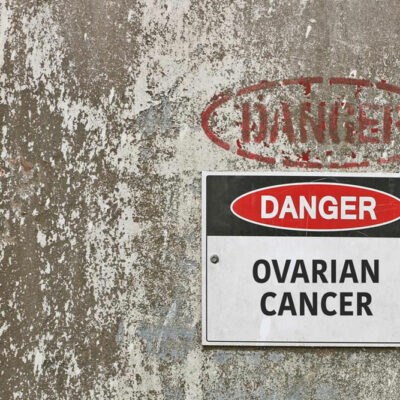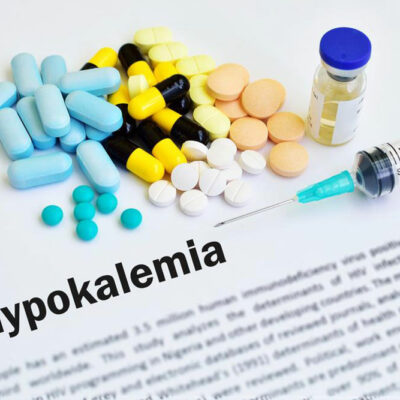
Health
Causing factors of peptic ulcer
A peptic ulcer is a type of sore that develops in the lining of the stomach, duodenum or lower part of the esophagus. The word “ulcer” refers to open sore, and “peptic” means that acid is the cause of the sore. It is a general belief that excess acid is the major cause of ulcer disease. But, the major cause of ulcer is the infection of the stomach caused by a bacterium named “Helicobacter pylori” (H. pylori). The common cause of peptic ulcer is listed below. Helicobacter pylori (H. pylori) Helicobacter pylori is a spiral-shaped bacterium. It is a type of bacteria that can infect and can cause chronic inflammation in the stomach and duodenum. H. pylori cause gastritis by invading the lining of the stomach and duodenum and produces a cytotoxin termed vacuolating cytotoxin-A (substances that has a toxic effect on cells such as a toxin or antibody), and thus leads to ulcer formation. Infections caused by H. pylori may include; Nausea Vomiting blood Belching or burping Bloating (swelling) Diarrhea Abdominal discomfort and pain Passing dark or tarry like stools Fatigue Anemia (low red blood cell count) Decreased appetite Bad breath H. pylori infection is also spread food, water, or utensils.
Read More 















